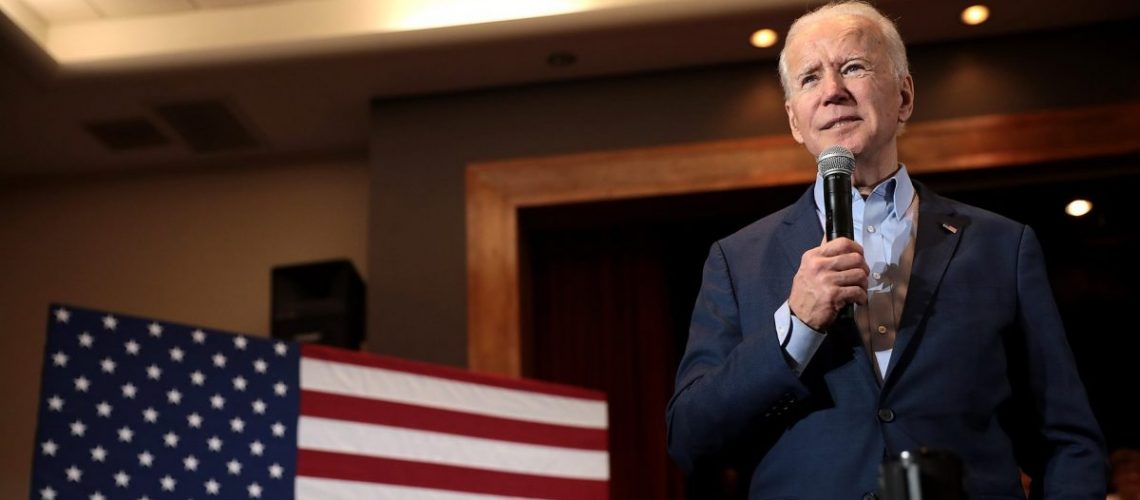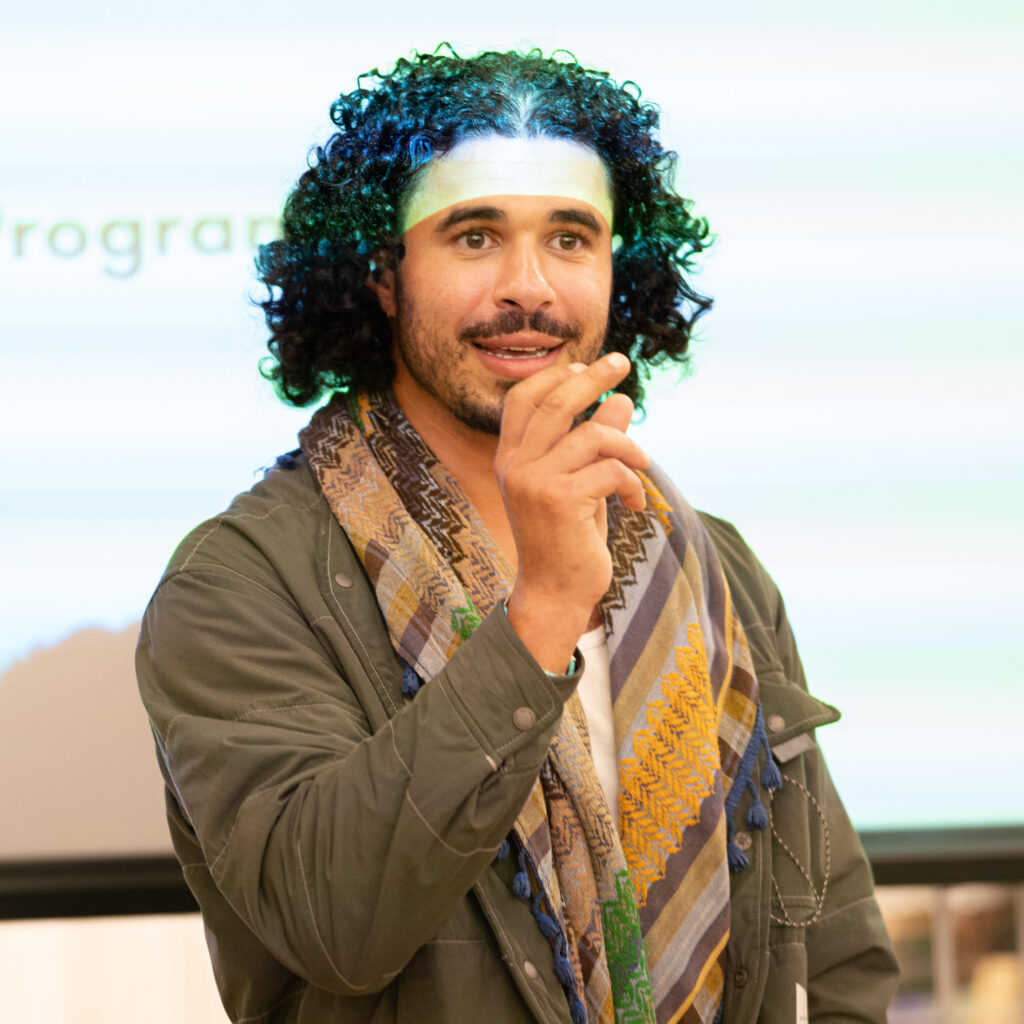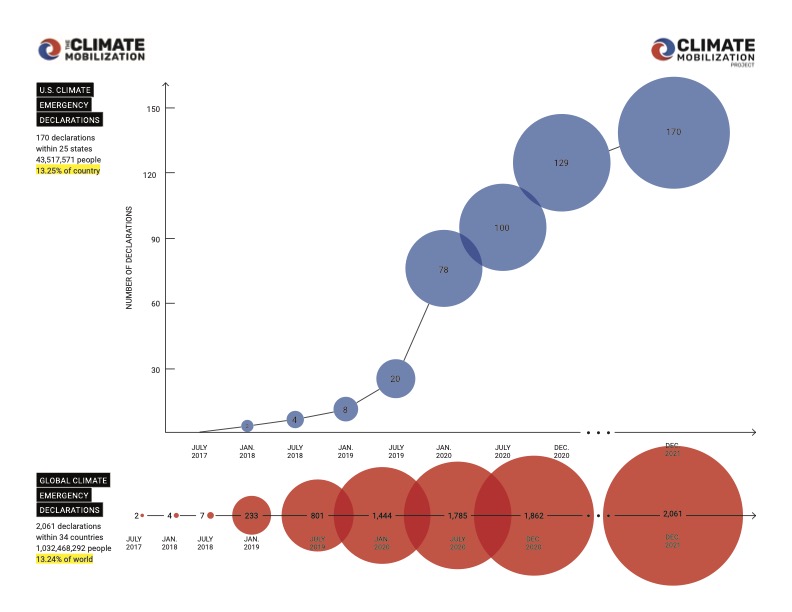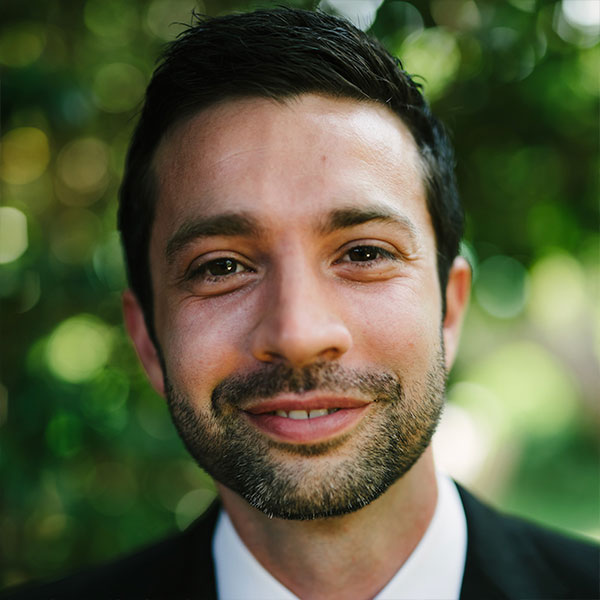BROOKLYN, NY: July 14, 2020— The Climate Mobilization issued the following comments regarding the environmental justice & economic opportunity and the sustainable infrastructure plans by former Vice President Joe Biden.
“Biden gets a lot right, especially around in the areas of racial and climate justice and equity for historically marginalized groups and working people; but he’s still got a lot of room for improvement in increasing the scale, scope and speed in which he addresses the Climate Emergency,” said Matt Renner, Executive Director for The Climate Mobilization.
“Support for a Biden presidency from the climate movement should be contingent on his commitment to actually achieving climate safety in a just and equitable way, not simply going beyond what is considered politically possible,” added Renner.
The Climate Mobilization also points out that the interim targets for decarbonization are not stringent enough.
“The last twelve months were the hottest we’ve ever experienced – an average of 1.3ºC above pre-industrial temperatures. Vice President Biden’s plan, while a clear departure from the market-based solutions of the past two decades, ultimately fails to reckon with the massive climate risks we face within the next decade,” said Laura Berry, Director of Research and Policy for The Climate Mobilization. “Eliminating greenhouse gas emissions from the power sector would only cut domestic emissions by 27% — but we need to be eliminating emissions across the economy as quickly as possible.”
The Climate Mobilization Key Critiques of the Biden plan:
- Biden’s commitments (too-late interim targets for decarbonization) don’t even give us the chance of a coin flip described by the IPCC.
- Carbon free electricity is a critical milestone in the effort to achieve zero carbon. But it is not nearly comprehensive and excludes transportation, industrial uses, and non-electric heating. Alone decarbonizing the electric power sector would only reduce US emissions by 27%.
- Buildings – plans to upgrade and weatherize millions of homes, incentivize replacement of appliances, and build sustainable housing are good – but not very specific. Only has a commitment to reduce emission from building stock 50% by 2035.
- Transportation – Federal investments towards providing all Americans with access to zero carbon and sustainable public transit in large (100,000+ resident) cities is good, commitment to work with Amtrak to electrify national passenger rail is also good, but no overall emissions targets or plan to address emissions standards for vehicles beyond Obama-era regulations.
- The Climate Mobilization celebrates the plan’s commitment to environmental justice – 40% of the $2T public investment to go to marginalized, frontline, and fence line communities. Increase in federal equity mapping to target investment. Commitment to creating an office of environmental and climate justice at the Department of Justice and developing a broad set of tools to address how “environmental policy decisions of the past have failed communities of color.”
Understanding the Science: According to the IPCC special report on global warming of 1.5ºC – we must reduce emissions by 45% by 2030 and globally reach net zero by 2050 to have a 40-60% chance of staying below 1.5ºC of warming – which means there’s a 50/50 chance that we’ll go beyond 1.5ºC even with those cuts. A new study from the World Meteorological Association also shows that there’s now a 20% chance we’ll reach 1.5ºC of warming by 2024.
Other recent plans that go beyond Biden’s recent plan:
The DNC Council on the Environment and Climate Crisis: Calls for spending around $10-$16 trillion in federal expenditures over the next decade in order to address the Climate Emergency: And also ambitious short- and long-term emissions and renewable energy targets: near-zero emissions by 2040; 100% clean renewable energy by 2030 in electricity generation, buildings, and transportation; and 100% zero-carbon new building infrastructure by 2025.
Bernie Sanders’ Green New Deal Plan:$16.3T plan, 161% emissions reductions by 2030 (by supporting international emissions reductions), with zero emissions domestic power + transportation by 2030 and full decarbonization by 2050.

















